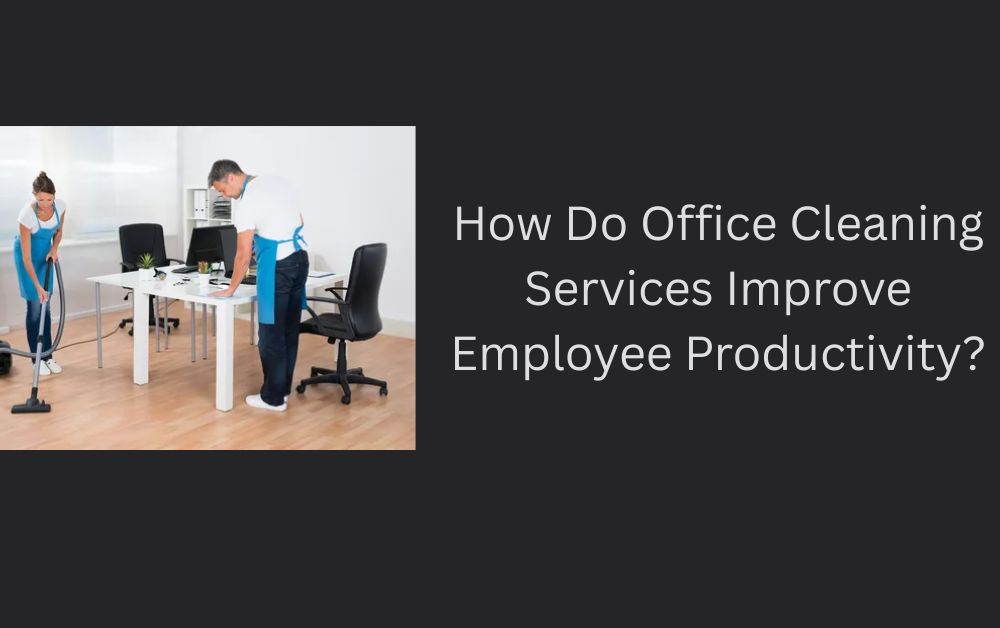Evicting a commercial tenant is a complex legal process, and when the business in question receives government subsidies, the situation becomes even more complicated. Many landlord responsibilities wonder whether they have the legal right to evict a business that benefits from government assistance and what legal implications such an eviction might have. This article explores the legal landscape of commercial tenant evictions, the impact of government subsidies, and the rights and responsibilities of both landlords and tenants.
Understanding Commercial Tenancies
The Nature of Commercial Leases
A commercial lease is a legally binding agreement between a landlord and a business tenant, outlining the terms and conditions under which the tenant eviction specialists may occupy the property. Unlike residential leases, commercial leases often have more flexibility in terms of negotiation and enforcement.
Rights and Responsibilities of Landlords
Landlords have the right to collect rent, enforce lease terms, and maintain control over their properties. However, they must also abide by local, state, and federal laws regarding commercial evictions.
Tenant Rights and Protections
Commercial tenants have legal protections under their lease agreements and applicable laws. If a business is receiving government subsidies, additional legal considerations may apply, which can impact a landlord’s ability to evict them.
The Impact of Government Subsidies on Business Tenants
Types of Government Assistance
Businesses may receive various forms of government assistance, including:
- Grants and Loans: Financial aid provided to support business operations.
- Tax Incentives: Deductions or credits that reduce tax liabilities.
- Rent Relief Programs: Government programs that subsidize a portion of the rent to help businesses stay operational.
How Government Subsidies Affect Evictions
Receiving government assistance does not make a business immune to eviction, but it may complicate the process. Some programs include provisions that require landlord action to adhere to certain guidelines before initiating an eviction.
Legal Grounds for Eviction
Common Reasons for Eviction
A landlord can evict a business for various reasons, including:
- Non-Payment of Rent: If a tenant fails to pay rent, even if they receive government subsidies.
- Lease Violations: Breach of contract terms, such as unauthorized alterations or subleasing.
- Property Damage: If the tenant causes significant damage to the premises.
- Illegal Activities: Conducting unlawful business operations.
- Expiration of Lease: If the lease term ends and the landlord chooses not to renew it.
Legal Considerations for Subsidized Businesses
If a business receives government subsidies, a landlord must:
- Review Lease Agreements: Ensure that the lease terms support eviction under the given circumstances.
- Check Government Stipulations: Some subsidies may require the landlord to give additional notice or comply with specific conditions.
- Follow Due Process: Adhering to the proper legal channels is crucial to avoid wrongful eviction claims.
Steps for Evicting a Business That Receives Government Subsidies
Step 1: Reviewing the Lease Agreement
Before initiating eviction proceedings, landlords should carefully examine the lease agreement to determine:
- The grounds for eviction.
- Any clauses that allow for early termination.
- Notice requirements and cure periods.
Step 2: Providing Proper Notice
Landlords must provide a formal eviction notice, which varies based on local laws. Common notices include:
- Pay or Quit Notice: Requires the tenant to pay overdue rent or vacate the premises.
- Cure or Quit Notice: Gives the tenant a chance to correct a lease violation.
- Unconditional Quit Notice: Demands that the tenant vacate without an opportunity to fix the issue.
Step 3: Legal Proceedings
If the tenant does not comply with the eviction notice, the landlord may file an unlawful detainer lawsuit in court. The process typically involves:
- Filing a complaint with the appropriate court.
- Attending a court hearing.
- Obtaining a judgment for possession if the eviction is approved.
Step 4: Enforcement of Eviction
If the court rules in favor of the landlord, law enforcement may assist in removing the tenant from the premises. Landlords must avoid self-help evictions, such as changing locks or shutting off utilities, as these actions are illegal.
Potential Challenges in Evicting Subsidized Businesses
Government Protections for Subsidized Tenants
Some government programs offer temporary eviction protections, particularly during economic downturns or public emergencies. Landlords must be aware of any restrictions that apply to businesses receiving aid.
Tenant Defenses Against Eviction
Subsidized businesses may argue against eviction specialist near me on various grounds, including:
- Improper Notice: Claiming they were not given adequate time to respond.
- Retaliation: Asserting that the eviction is in response to complaints or legal actions.
- Discrimination: Alleging that the eviction is based on unlawful discrimination.
Alternative Solutions to Eviction
Negotiating a Payment Plan
If non-payment of rent is the issue, landlords can negotiate a payment plan with the tenant to recover lost income without resorting to eviction.
Lease Modification
Adjusting lease terms, such as reducing rent temporarily, may be a more practical solution than eviction, especially if the tenant is struggling due to economic hardship.
Mediation Services
Engaging in mediation can help both parties reach a mutual agreement without going to court, saving time and legal expenses.
Conclusion
A landlord can evict a business that receives government subsidies, but the process requires careful consideration of legal requirements, lease terms, and potential government protections residential eviction. Understanding the legal framework and following due process is essential to ensure a fair and lawful eviction. In some cases, negotiating alternative solutions may be a more beneficial approach for both landlords and tenants.











